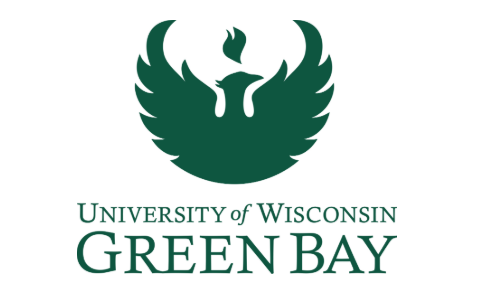
Tiny Earth Symposium Searches for New Antibiotics
Student researchers take the stage (virtually) for the Tiny Earth Winter Symposium, Dec. 14-15, 2020.
While last year’s event was showcased at the Lambeau Field Atrium, a virtual environment makes this year’s showcase no less valuable, as this event is a centerpiece of the collaborative and innovative efforts of students across the globe, working together to mitigate the global public health crisis of antibiotic resistance.
The Tiny Earth Winter Symposium is free and open to the public with a Zoom registration at https://tinyearth.wisc.edu/tiny-earth-2020-winter-symposium/.
UW-Green Bay Biology Prof. Brian Merkel, teacher of the course at UW-Green Bay and co-chair of the international event, says the symposium is important during this pandemic.
“It’s a great opportunity to showcase the value of partnerships to mitigating large problems to a wide audience. For my part, Tiny Earth represents the realm of what is possible when innovative partnerships emerge for the greater good. The symposium wholly reflects the value of collaboration for this purpose.”
Students get their own soil sample to test. They isolate bacteria, conduct gene sequencing, Merkel says. “The students realize they are part of something that’s bigger than them and they’re contributing to an international effort. This goes beyond a celebration of research. This is a visionary idea to help our students get excited about their STEM careers while building an international network.”
Merkel said that without question, participation has often jump-started his students in paths toward research, medicine, and more.

